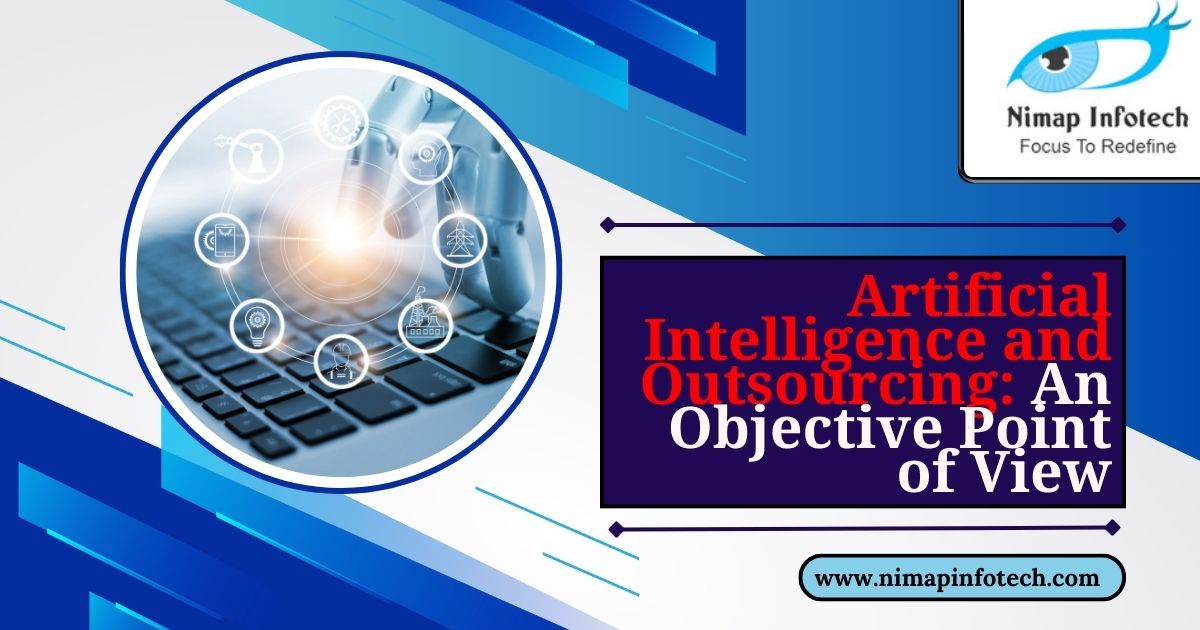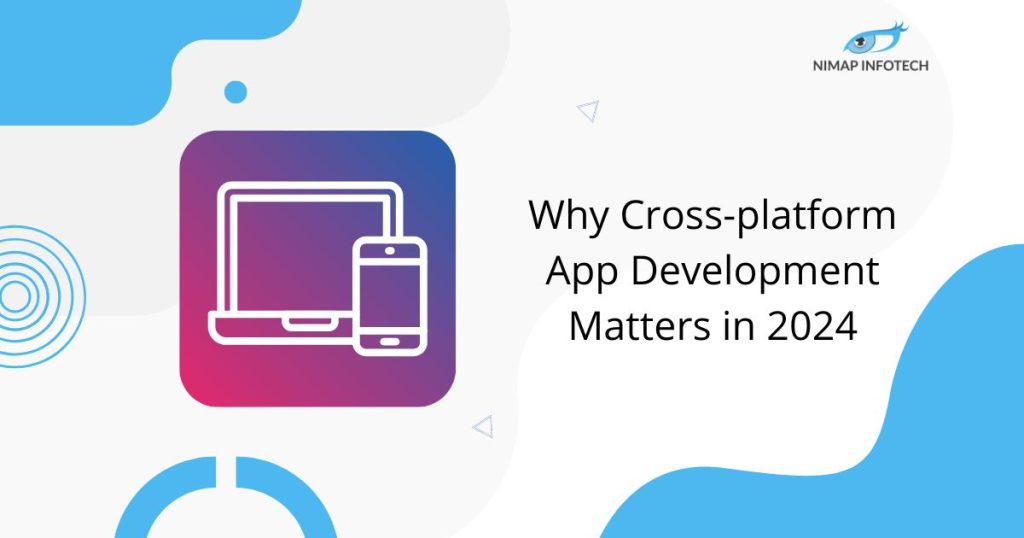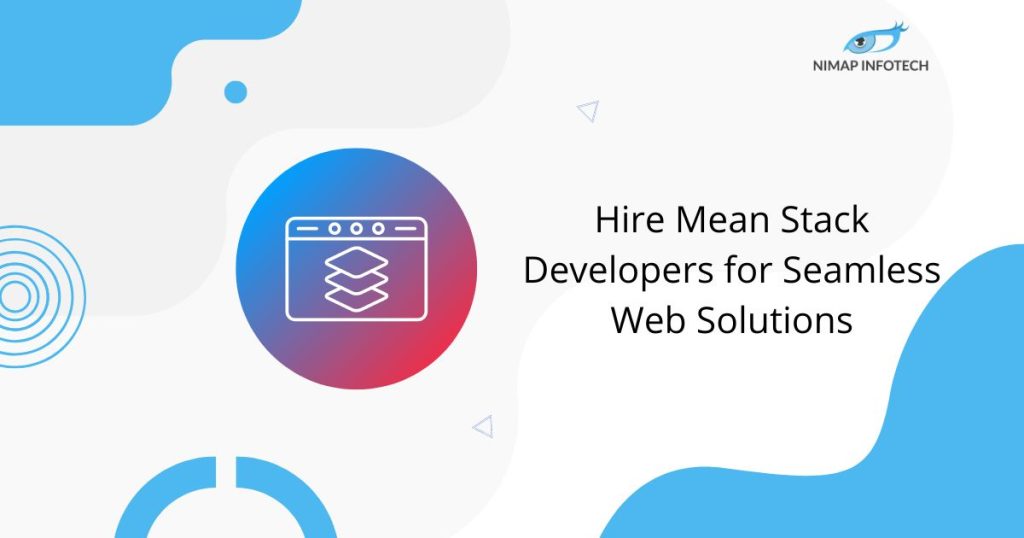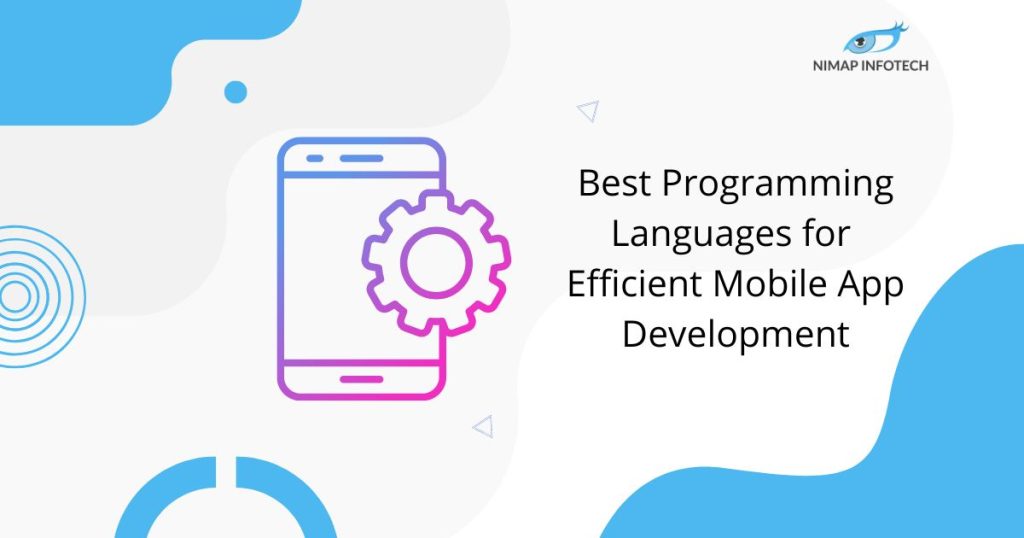One of the main benefits of integrating outsourcing with AI is the capacity to perform routine and repetitive jobs quickly and accurately. AI-driven automation can replace mundane duties, freeing human resources to work on more intricate and valuable tasks. Machines express “what is understood” in terms of a set of objects, relations, and concepts using ontology.
What is Artificial intelligence?
AI uses various technologies to give robots the ability to think, perceive, plan, act, and learn at levels of intelligence comparable to that of humans. AI systems are essentially able to observe their surroundings, identify items, assist in making decisions, solve complicated issues, learn from the past, and repeat patterns. Combining these skills allows you to unlock gadget screens using facial recognition and operate a car. A wide range of technologies, including computer vision, natural language processing, machine learning, and others, are included in the AI landscape. These modern technologies enable computer
The Increasing Use of AI in Outsourcing: Possibilities and Limitations
The rise of Artificial Intelligence (AI) in outsourcing is transforming the global business landscape, offering both opportunities and challenges for enterprises. Enhanced productivity and efficiency: Automation driven by AI improves outsourced procedures, cutting down on manual labour and raising operational effectiveness.
Increased production and efficiency:
Repetitive processes can be automated by machine learning algorithms, saving money and time. RPA, or robotic process automation, is capable of accurately performing rule-based operations with reduced error rates and increased productivity.
Advanced data analytics:
Artificial Intelligence (AI) helps businesses to take advantage of data-driven insights and make wise outsourcing decisions. Decision-making based on data improves results and increases the efficacy of outsourcing tactics.
Better customer experiences:
AI makes outsourcing engagements more satisfying for customers and improves customer interactions. Intelligent conversational interfaces made possible by natural language processing improve customer engagement and problem-solving.
Also Read: Why Use Python for Artificial Intelligence and Machine Learning?
Innovation and Competitiveness:
AI-driven outsourcing gives businesses access to state-of-the-art resources and knowledge, fostering innovation and competitiveness. Working with outsourcing partners specializing in artificial intelligence gives access to specific knowledge and capabilities.
Data security and privacy issues:
There are data protection issues when using AI in outsourcing.
Ethical considerations:
The use of AI in outsourcing prompts the need to carefully consider ethical issues. To guarantee appropriate AI integration in outsourcing, organizations need to set up ethical frameworks.
Implications for the workforce and upskilling:
The adoption of AI in outsourcing affects the workforce and calls for upskilling. If certain procedures are automated, employees may need to learn new skills to perform higher-value work.
The emergence of artificial intelligence (AI) in outsourcing presents enormous potential for companies looking to innovate, revolutionize existing processes, and produce outstanding results. Companies can use AI-driven automation, sophisticated analytics, and enhanced consumer experiences to their advantage and obtain a competitive advantage in the market. However, navigating this disruptive landscape successfully requires addressing issues like data security, privacy concerns, ethical considerations, and workforce effects.
AI-Driven Outsourcing: Increasing Productivity and Reducing Budget
Any outsourcing choice must consider cost savings, and AI-driven outsourcing offers strong financial advantages. Organizations can save labour expenses related to repetitive and manual work through the use of automation driven by AI. Using AI algorithms and machine learning models can reduce the amount of human intervention required for data-intensive activities, as they can perform these tasks more precisely and effectively. Significant time and cost savings result from this. AI-driven analytics aids businesses in identifying weaknesses, optimizing resource allocation, making data-driven decisions, and assisting economic plans.
Businesses can gain a competitive advantage in the market, increased efficiency, and cost savings through the use of AI in outsourcing. The main goals for companies looking to optimize their operations are increasing productivity and cutting expenses. AI transforms traditional methods by bringing automation, machine learning, and advanced analytics capabilities to outsourced processes. AI-driven automation boosts productivity and reduces costs by enhancing processing speed, reducing errors, and freeing up human resources for strategic tasks.
Objectives of Artificial Intelligence:
Develop expertise in solving problems:
Artificial Intelligence Research aims to develop efficient algorithms that can effectively solve puzzles, emulating human reasoning and drawing logical conclusions in tackling complex problems. By using probability theory, artificial intelligence (AI) systems—like stock market prediction systems—offer solutions to uncertain situations and incomplete information dilemmas. AI systems are capable of handling complex tasks and simplifying crucial tasks, while their problem-solving abilities significantly enhance our lives.
Boost planning:
Intelligent beings make the future vision possible. AI-driven planning utilizes predictive analytics, data analysis, forecasting, and optimization models to optimize system actions, achieving objectives and enhancing performance. AI can assist us in forecasting the future and determining the effects of our actions. Cybersecurity, robotics, autonomous systems, and cognitive assistants are all areas where planning is important.
Integrate knowledge representation:
Knowledge engineering and representation are fundamental concepts in AI research. Using ontology, machines express “what is understood” in terms of a set of objects, relations, and concepts. To tackle complicated real-life problems, like identifying a medical condition or having natural language conversations with people, a computer employs this representation to show real-world data. By utilizing the material offered, researchers can increase the body of knowledge on artificial intelligence and improve and optimize their models to achieve their objectives.
Promote creativity:
Artificial intelligence (AI) encourages innovation and artificial thinking, which can improve human performance. Artificial intelligence is capable of processing enormous amounts of data, weighing possibilities and alternatives, and creating new routes or chances for human advancement.
AI enhances creativity by producing original ideas and concepts, such as offering interior design options for 3D-rendered residential layouts.
Read More: What Are The Steps To Successfully Outsource Your Software Projects?
AI-Powered Outsourcing: Reimagining Work in the Future:
Artificial Intelligence (AI) has introduced a new era of outsourcing, potentially revolutionizing the future of work. AI-enabled outsourcing revolutionizes conventional commercial procedures using intelligent automation, machine learning, and advanced analytics. This innovative trend presents numerous potentials for enterprises to boost productivity, promote creativity, and restructure work.








































